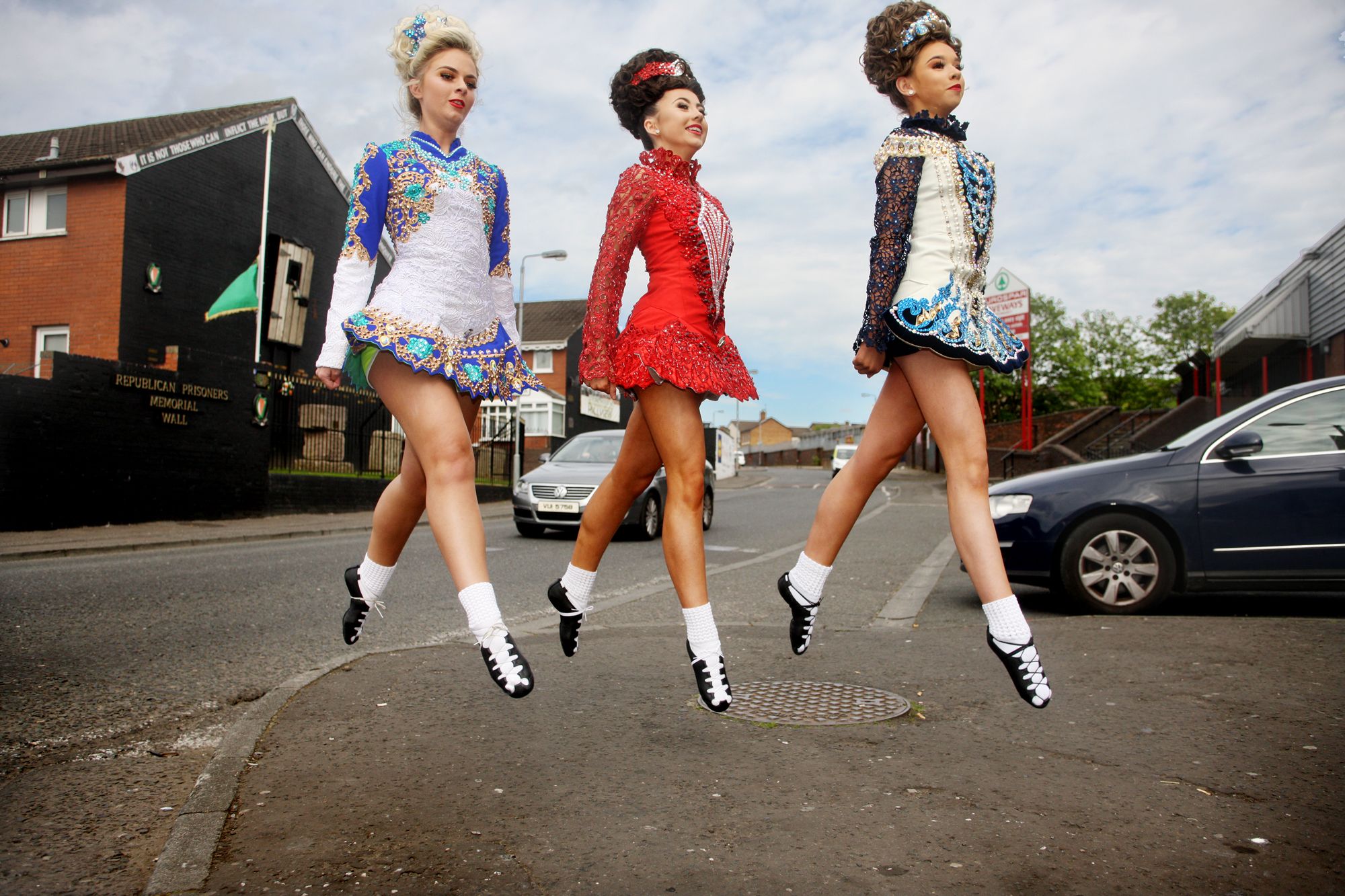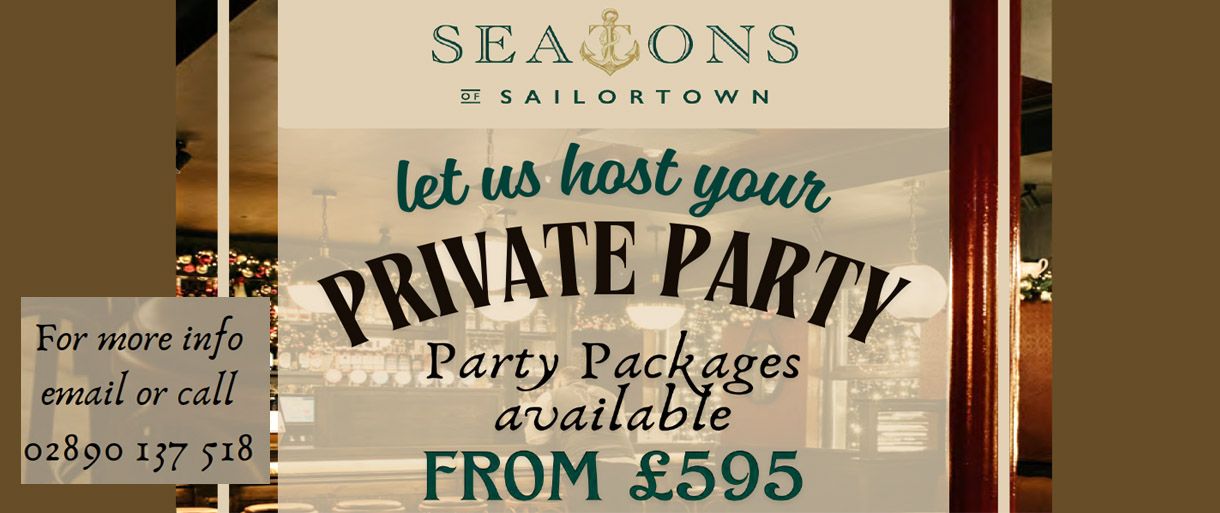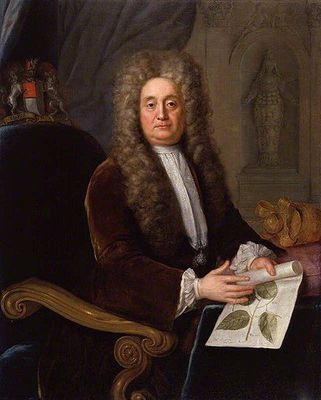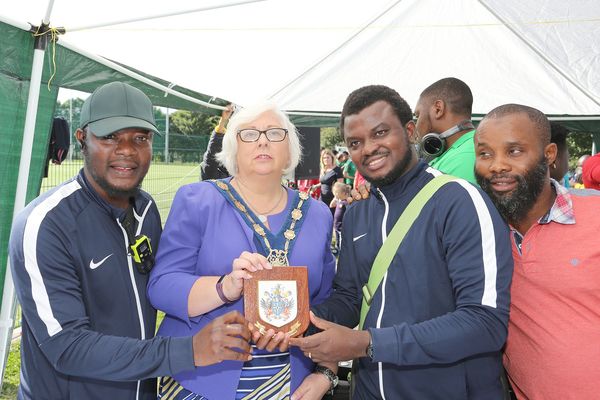ONE needs an encyclopaedia now to know the cultures of Ireland – North or South. Something called the Irish culture is now debatable in every sense of the phrase.
The reason for this is a growing number of people who were not born here who have come with their own original cultural heritages. The notion of the Irish or Ulster-Scots is not under threat but evolving cultures of different groups in a foreign land is bit by bit changing the us-them and them-us contradictions.
In terms of individual and communities, there is nothing wrong in parading one’s Irishness or Ulster-Scots heritage; in fact these are beautiful cultural identities. People are proud of who they are and how their own histories brought them to that place. This pride is always relative, though, when it comes with a legacy of trauma to any group in society. This is why cultural identity can be the best item on the menu and yet also very divisive.
According to the Continuous Household Survey by the Northern Ireland Statistics and Research Agency, more than four-fifths of adults (86 per cent) had at least a little respect for Irish culture and traditions, similar to the proportion in 2016/17 (85 per cent). Those living in the least deprived areas of Northern Ireland were more likely to have at least a little respect for Irish culture and traditions than those living in the most deprived areas (87 per cent and 82 per cent).
The survey goes on to report that Catholic adults were more likely to have attended an Irish cultural event (31 per cent) than both Protestant adults (8 per cent) and adults who described their religious background as ‘Other/None’ (14 per cent). These annual Irish cultural events are traditional Irish music concerts, Irish dancing, festivals and fleadhs.
But there are more events within the cultural heritage that have not been captured in the survey; for example, I think horse racing is, with all due respect, a particularly Irish pursuit and as important as Gaelic sports.
Many migrants are physically in these events through representation by their children and other younger relatives – the third generation, born here. They identify with these subcultures of Ireland. So where do migrant or settled communities come in all this?
We Africans come with our cultural mythologies. Our spoken word comes in metaphors and these are our identities. You may call them proverbs, wise or unwise sayings, fables where the ogres must fall and some of these stories have not changed over time because cultures will override such attempts. Our traditions are sometimes too complex to understand but they are still ours, so it is the place of our friends, neighbours, strangers who are not from Africa, to make an effort.
For example, in most of Africa then and now particularly in the rural societies, the link between insects and diseases was not apparent. Now you tell an Irish friend that we eat certain insects that fly above our heads at the onset of the big annual rainfall around Lake Lolwe (Victoria). Some of these tasty insects are also valued for medicinal value. In parts of central Africa, vultures were considered as bringers of war and disease. It is unfair to demonise other animals and protect the dignity of some but such is life.
The Irish and their traditions will have to get used to Africans and their traditions. If goat meat was in plenty here, this would be one big gate of cultural food integration for Africans and the Irish. If the Irish can normalise the cultures of the other, non-retrogressive things of course, it will not be long before we are all saying, ‘Hallelujah!’
ellyomondi@gmail.com









